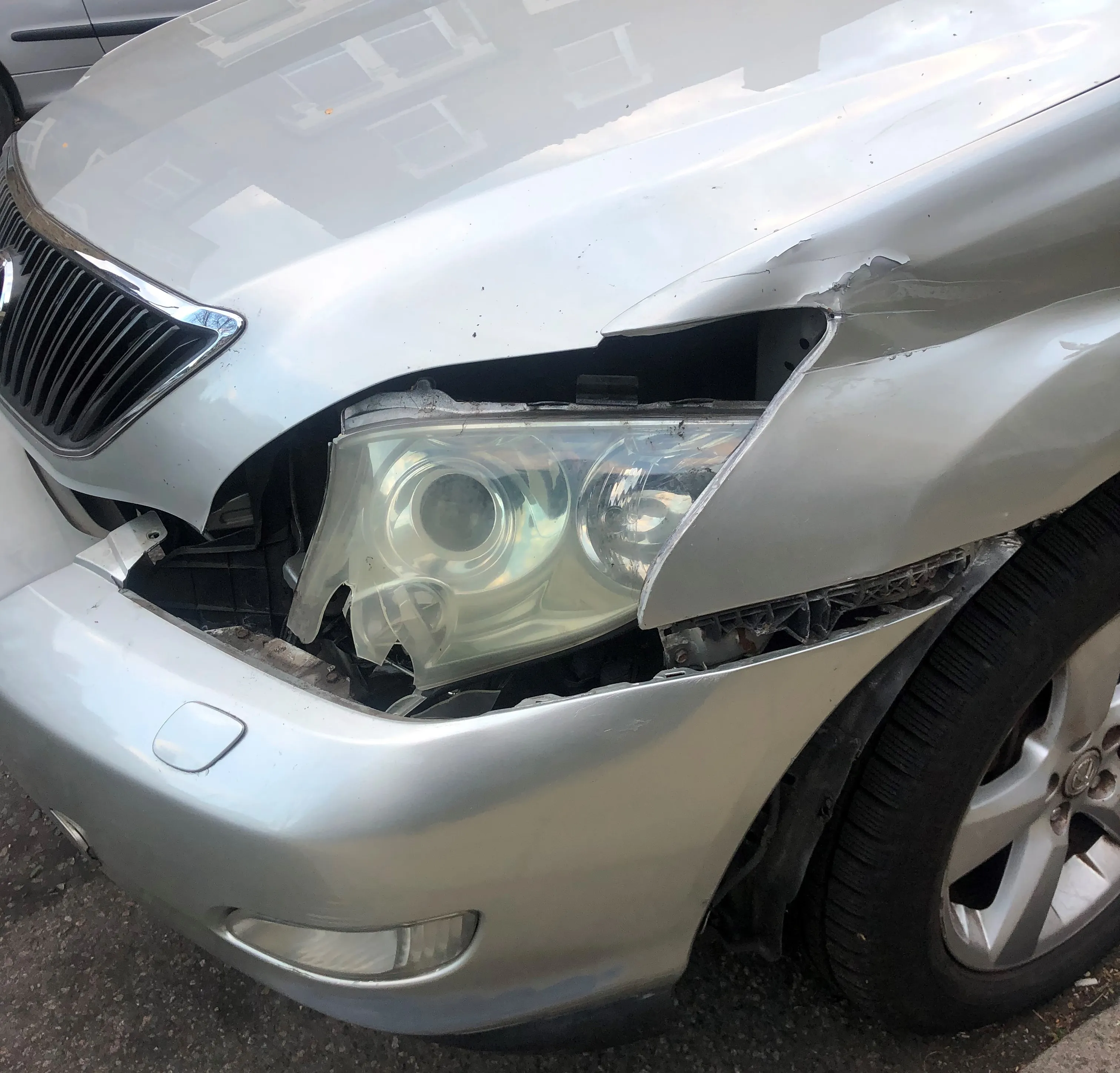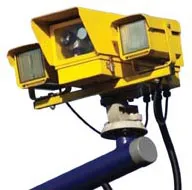EU proposals have been forward suggesting tougher speed control for built-up urban areas in Europe's towns and cities. In places where there is a perceived risk from speeding, such as around schools or in town and city centres and residential areas, speed limits of 30km/h (20mph) could be imposed.
May 4, 2012
Read time: 1 min
EU proposals have been forward suggesting tougher speed control for built-up urban areas in Europe's towns and cities. In places where there is a perceived risk from speeding, such as around schools or in town and city centres and residential areas, speed limits of 30km/h (20mph) could be imposed. The decision on where to implement these 30km/h zones would be taken by local authorities and would reflect the degree of risk to children or the elderly in particular. The issue of enforcement for these residential areas has yet to be established however. it is not clear whether speed cameras or sophisticated traffic calming measures would be employed.








